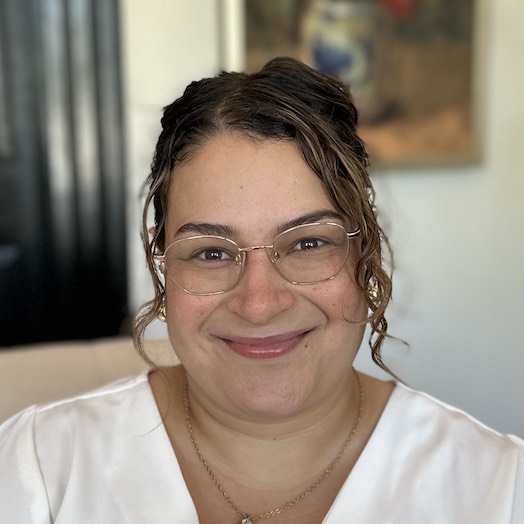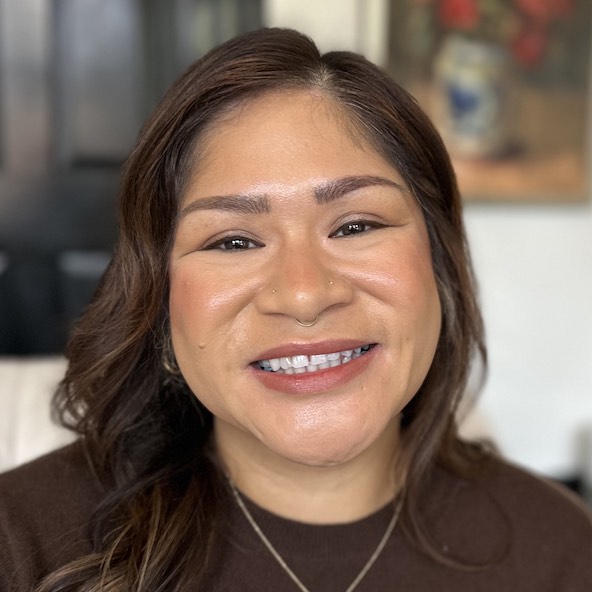
Fear, shame, grief, panic – these are typically what we associate with the emotional experience of trauma. The thing is, trauma doesn’t just heighten fear or sadness – it can also complicate how we experience positive emotions like joy, love, and hope. What happens when joy itself becomes a trigger, and how can we reclaim it for healing?
Many trauma survivors find themselves avoiding or distrusting happiness, which can feel unfamiliar or unsafe. Often this experience is described as though we are “waiting for the other shoe to drop” which can leave us feeling unfamiliar or unsafe. This often-overlooked symptom is known as positive emotion dysregulation.
Positive emotion dysregulation refers to difficulty experiencing, sustaining, or trusting positive emotions due to previous trauma. Research has found that trauma survivors report lower levels of positive affect and greater difficulty sustaining positive emotional states. Researchers theorize that this symptom is a result of hyper-arousal of the amygdala (the “fear center” of the brain) and diminished connectivity with the prefrontal cortex (decision making and emotion regulation).
What does positive emotion dysregulation look like?
In environments of chronic stress or abuse, trauma survivors often learn that positive emotions can make them vulnerable to disappointment, rejection, or harm:
- A child whose expressions of pride or joy are met with disinterest or criticism from their caregivers learns that sharing positive emotions leads to rejection and shame.
- A child whose bids for emotional support (and the positive emotional experiences of receiving comfort, co-regulation, or validation) are responded to either dismissively or in a way that make them feel “too much”, “too sensitive”, or the “problem child” learn that emotional vulnerability leads to abandonment and shame.
Repeated associations between positive events and subsequent pain (e.g., moments of love leading to betrayal) train the brain to perceive happiness as risky. Children with inconsistent, unpredictable, or abusive caregivers may grow into adults who are conditioned to meet even a flicker of hope, praise, or intimacy with anticipatory panic, shame, and avoidance.
Why does positive emotion dysregulation matter?
Obviously, positive emotions are pleasant experiences – it matters if we are missing out on them! Having the full breadth of emotional experiences – pleasant, unpleasant, and neutral – is a critical piece of emotional wellness. Beyond the loss of positive emotional experiences itself, positive emotion dysregulation can be a barrier to trauma healing.
Researchers have suggested that positive emotions temporarily broaden our attention and cognition, allowing us to consider new perspectives, think creatively, and emotionally connect with others. This broadening of perspectives is especially important for the healing of trauma. The negative emotions associated with trauma (anger, fear) demand our attention and narrow our focus to two things: our immediate survival and whatever it perceives as threatening our survival. This makes sense when we are running from a bear, for example, but less sense when we are trying to move through trauma, heartbreak, and grief. This tendency towards “tunnel vision” is adaptive in dangerous or harmful situations but limiting over time.
To heal, we must be able to hold space for both the good and the bad. It is this very expansion that allows our body to metabolize and digest the somatic and emotional burden that trauma leaves behind. Positive emotions build resilience by promoting safety and trust in the nervous system. From a neurobiological perspective, we can think of positive emotions as a tool to “counterbalance” our nervous system’s hypervigilance to danger or emotional pain. By accessing moments of positive emotion – connection, self-compassion, acceptance, empowerment – we emotionally expand, and this expansion grants us access to different perspectives, different felt experiences, different possibilities for the future.
Strategies for Reclaiming Positive Emotions:
- Build Awareness: Notice patterns of avoiding or mistrusting positive emotions. Do you find yourself:
Having a hard time receiving praise or compliments?
Feeling uncomfortable or anxious when you are emotionally intimate or vulnerable with your loved ones?
Minimizing the positives and assuming the worst to avoid feeling disappointment in the future?
- Notice Cognitive Distortions: While the nervous system response to withdraw from or avoid positive emotion is often unconscious, it typically is followed by negative beliefs or cognitions. These cognitions tend to be distorted, a version of reality seen through the lens of our trauma, tinted by anxiety, pain, and fear. They can sound like “I’m not worthy of compliments” or “it’s not safe to let people in” or “It’s risky to feel hopeful”. These thoughts come from the part of us that is trying to keep us safe from the pain we have felt in the past, but they unintentionally keep is from the positive emotional experiences we long for. Noticing these thoughts is the first step to changing them.
- Practice savoring the little things: Practice mindfully noticing and savoring the physical and somatic experience of positive emotions. Bring your focus and attention to your 5 senses during pleasant moments, as though you are trying to take a mental screenshot of what that positive emotion (joy, excitement, gratitude) feel like in your body.
- Give yourself grace: Redeveloping a connection to our positive emotions takes time. If you have been avoiding positive emotional experiences for a long time, it makes sense that you aren’t able to undo years and years of conditioning overnight.
If you are looking for support on your trauma healing journey, schedule an appointment with me or one of our many wonderful, highly-trained trauma therapists today!

Hi, I’m Maria Dimachkie, therapist for individuals and couples at Love Heal Grow Counseling.
I help individuals and couples who have overcome difficult, painful times that have left them feeling overwhelmed, frustrated, and fearful of the future. You can experience more fulfillment in your life and relationships! I’m here to support you.
You can read more about me or schedule an appointment here: About Maria

























